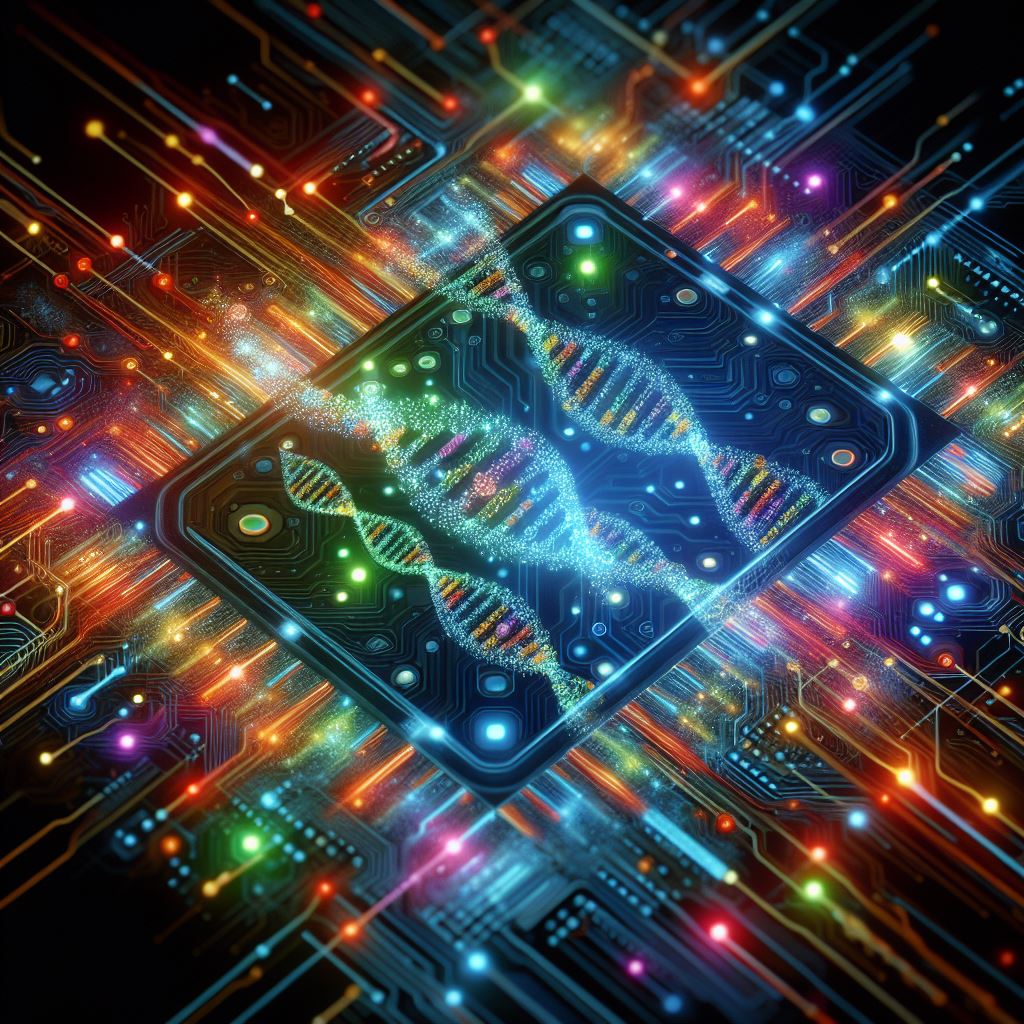The Buzz word
The topic of AI has been generating a lot of buzz lately. you cab search “AI Destroy Humanity” or “Unregulated AI” , “Regulation and Laws for AI”. While there are certainly concerns about the potential for unregulated AI to cause harm, there are also many positive aspects of this technology. For example, AI has the potential to revolutionize healthcare and improve accessibility.

However, it is important to acknowledge the risks associated with AI as well. Unregulated AI could pose a serious threat to humanity, and there is a need for regulation and laws to ensure that this technology is used in a responsible and ethical manner.
Elon Musk’s famous quote to UK PM Rishi Sunak that “‘There will be a point where no job is needed, AI will be able to do everything’ is a reminder that AI has the potential to significantly impact the job market. While some jobs may be replaced by AI, there are also many ways in which AI can support and augment human workers.
If you want to read more about the impact of AI, click here.
Invention Of Hammer
The hammer is one of the oldest and most fundamental tools in human history. I am sure, when it was invented, it was not called a hammer, and it did not look like the hammers we have today. Equally sure it was a buzz then. Transforming from breaking large stones by lifting and drooping to a tool that can generate more force the a few human could not was, indeed, an invention to notice.
The reason I want to discuss the invention of the hammer is that there would have been similar discussions about its fears and uses when it was first created, similar to what we are discussing today about Artificial Intelligence.

The first hammer, believed to have originated more than 3 million years ago, was basically just a heavy, round stone, usually a hard stone like granite, shaped by water in rivers or the sea. This primitive hammer was used to shape other stones like obsidian and flint to make hunting tools and fire starters.
We cannot imagine the exact fears of the first people who invented and used hammers, but if we were to try, it would be controlling who can keep it and use it, as it can be an excellent warfare tool.
Over time, the design of the hammer evolved, and it became a more versatile tool. Today, hammers are used for a wide range of applications, including carpentry and blacksmithing. Hammers are also used for demolition, and they can be used to break up rocks, as seen in archaeology.

The point I want to make is that when we (humans) make a tool, we fear it because we can only see so far. Those who invented the hammer did not see it as a carpentry tool, and today we do not fully see the use cases where AI will benefit the human race.
Curiosity of Human Mind
AI technologies have already had a significant impact on the world, and the human race will continue to develop both good and bad tools using these technologies. Just like the success of the hammer and nuclear fission reactions, AI will have both positive and negative consequences, including wrong uses, regulations, and job replacement. However, one thing that is certain is that AI or AGI of the future will not replace the curiosity of the human mind, the ability to ask “Why?” and the intent to learn more, or the ability to make illogical decisions that work.

If you do not buy this, consider, what made the humans explore outer space, Galileo Galilei, was the first to report telescopic observations of the mountains on the moon, the moons of Jupiter, the phases of Venus, and the rings of Saturn. This was the turn of 17th century, read more here if you like it. In the 17th century, it was not a though on any mind that we will build a rocket that will take is to moon, 3 centuries later. but, his interest was driven by curiosity and so he watched.
— Elon Musk (@elonmusk) December 2, 2023
From love-struck poetry to the most innovative scientific inventions, what has driven the human race is curiosity. It is the desire to know more, to explore, and to discover that has led to some of the greatest achievements in human history. And while AI may be able to help us in our quest for knowledge, it will never replace the human spirit of curiosity and the ability to make illogical decisions that work.
A Final Word
As a person, I also think (believe me I do!!). And I have been using NLP and LLM for a while now and have had a fair share of conversations with Bing Chat powered by OpenAI generative language models.
What I have been doing as a personal rules:
- I do not let the kids near Search or AI Chatbots, reason is I want them to explore and ask questions and if I let them get the answers quickly, exploration will stop and that would be a loss.
- I only use the language models to do tasks that I do not want to do, and usually paid more to get that done, I would use the model at a cheaper rate. Believe me its much cheaper.
- My process of exploration has an added step, it goes like this now:
- Think
- Try
- Think More
- Find a book
- Find a teacher
- evolve
- never use YouTube/Search/AI Chatbots aggressively
The only danger of AI is for those, who are lazy enough to outsource the task of their mind to a tool. While AI can be a powerful tool, it is important to be aware of its potential risks and drawbacks. We should use AI responsibly and ensure that it is used for the betterment of society and humanity.

